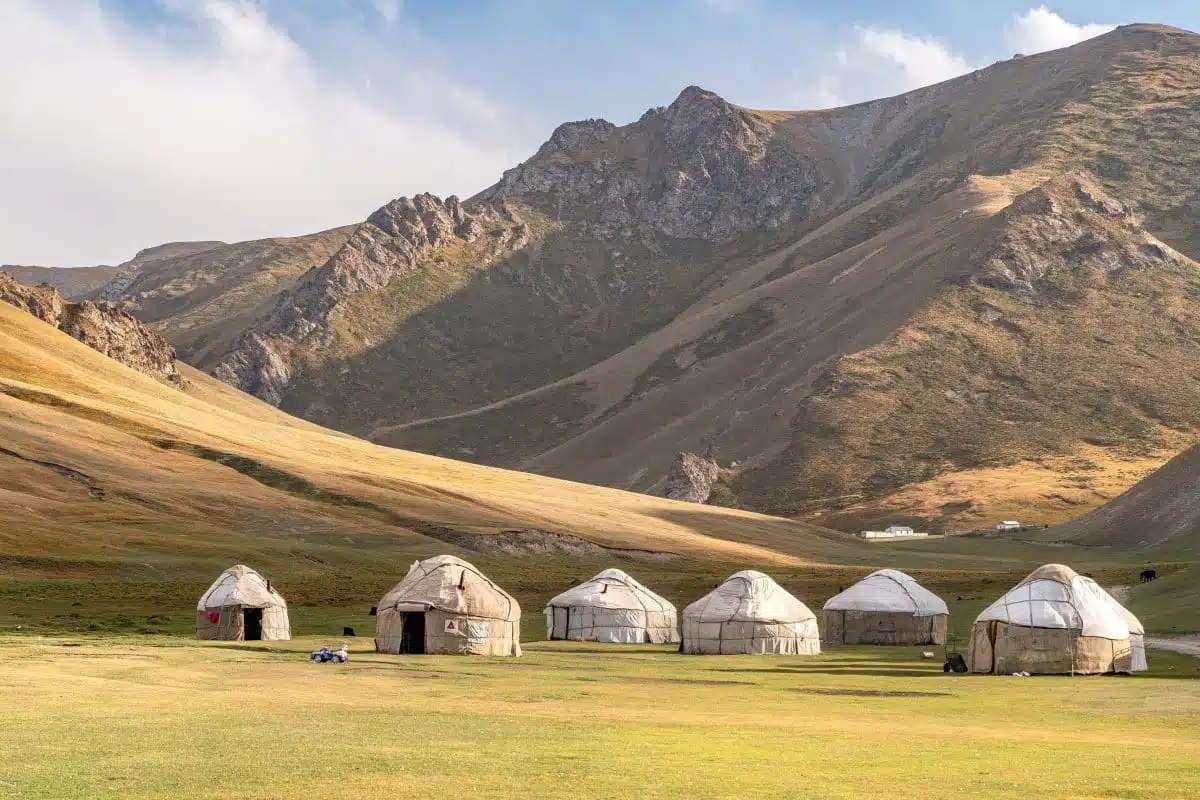In an ever-evolving world, the ancient rhythms of nomadic life are increasingly out of sync with the pulse of modern society. Yet, even as traditional nomadic ways face challenges, there emerges a glimmer of hope, illuminating paths that blend old freedoms with new horizons. Here are 21 reasons behind the decline of nomadic communities, coupled with that hopeful light guiding us towards a future where mobility and sustainability coexist.
1. Loss of Grazing Land

Image Credit: Shutterstock / 2630ben
Urban sprawl and industrial agriculture devour the open spaces once roamed by nomads.
Glimmer of Hope: Urban green spaces and rooftop gardens are reconnecting city dwellers with the earth beneath their feet.
2. Climate Change
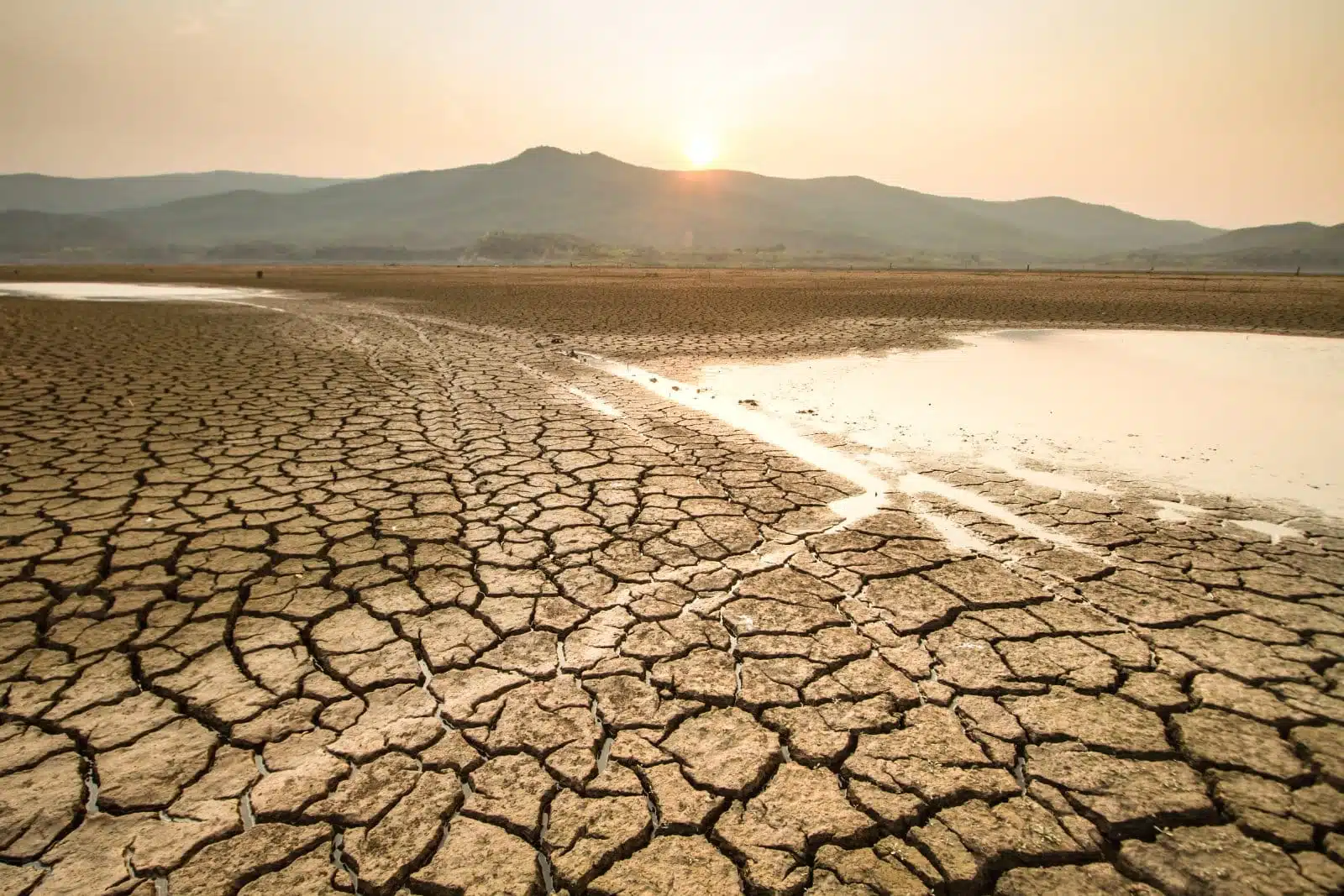
Image Credit: Shutterstock / Piyaset
Shifting climates disrupt ancient migratory patterns and threaten traditional livelihoods.
Glimmer of Hope: The global push for renewable energy sources promises a cooler, kinder climate for future generations.
3. Government Policies
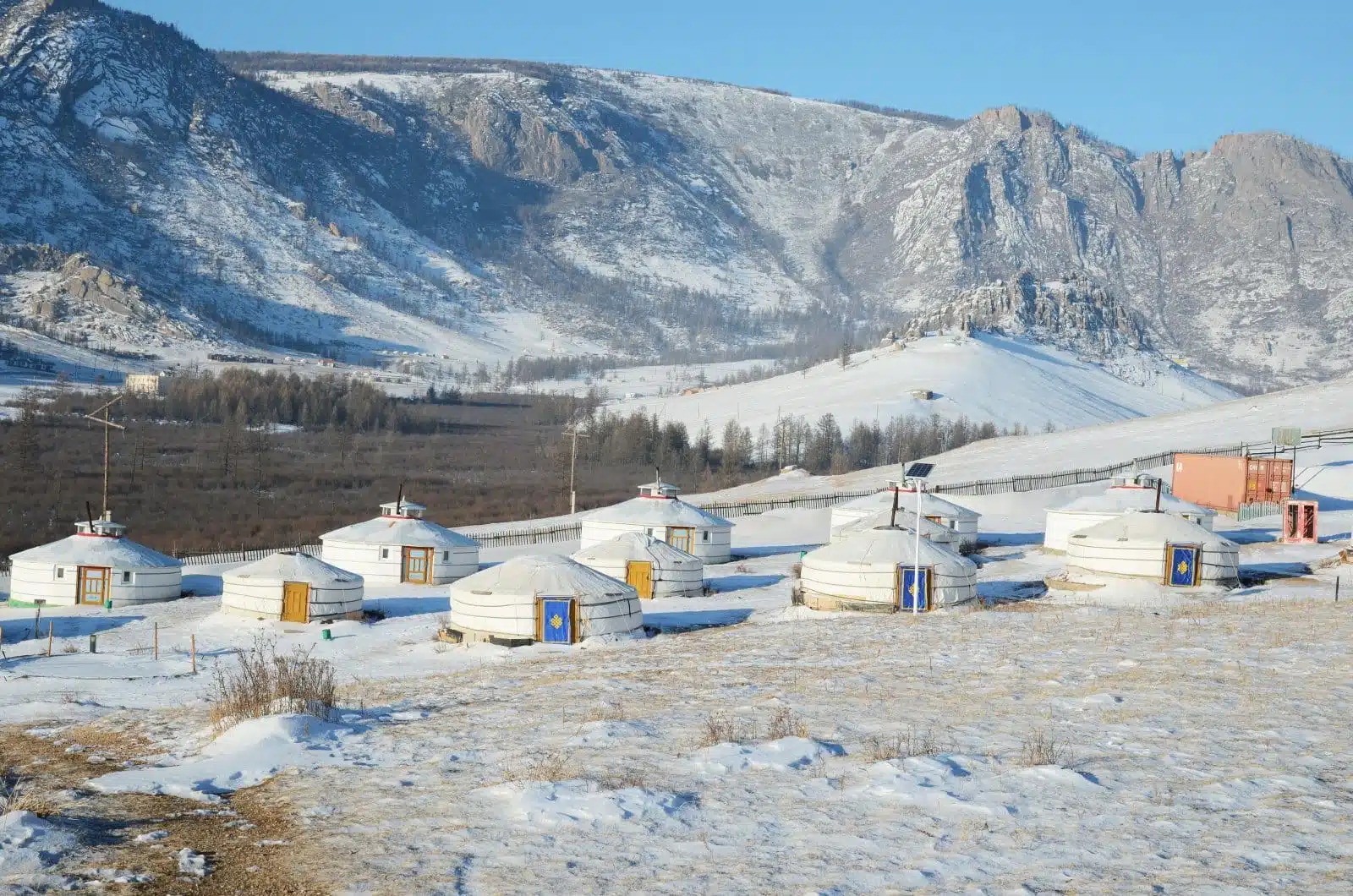
Image Credit: Shutterstock / Julia Baturina
Policies promoting sedentism often disregard the cultural significance of nomadic lifestyles.
Glimmer of Hope: A growing recognition of indigenous rights and land claims offers a legal pathway to preserving nomadic traditions.
4. Border Restrictions
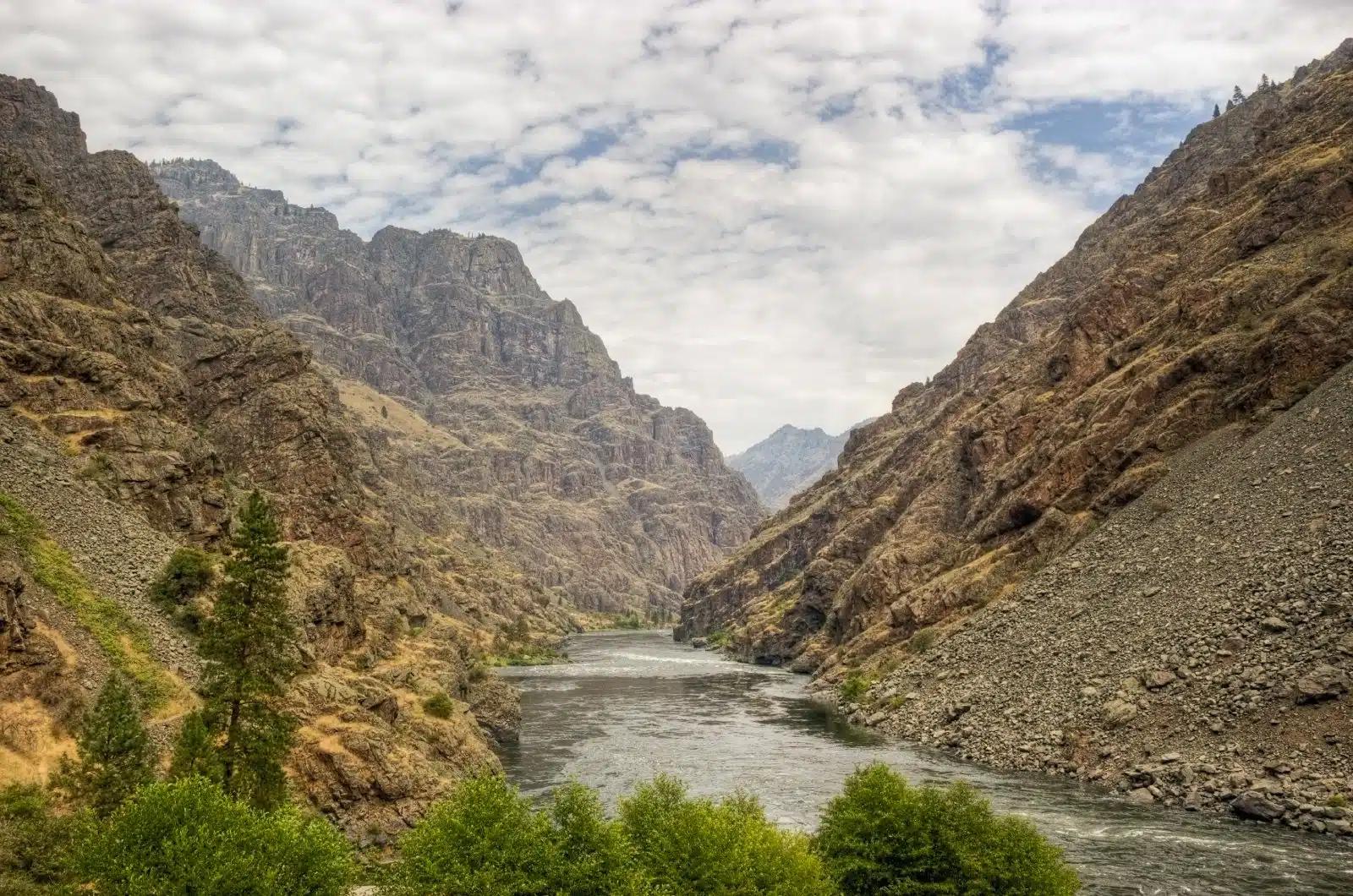
Image Credit: Shutterstock / Jeffrey T. Kreulen
Modern borders sever the ancient routes that nomads have traversed for millennia.
Glimmer of Hope: Digital connectivity is creating new, borderless communities, celebrating the spirit of exploration and connection.
5. Economic Pressures

Image Credit: Shutterstock / Rickson Davi Liebano
The cash economies marginalize the barter and trade systems central to nomadic culture.
Glimmer of Hope: The rise of the gig economy and digital nomadism redefines what it means to work “on the move.”
6. Loss of Traditional Knowledge

Featured Image Credit: Shutterstock / Vlad Sokolovsky
With each passing generation, invaluable wisdom about the land and its stories fades.
Glimmer of Hope: Digital archives and storytelling initiatives are capturing and preserving this wisdom for posterity.
7. Educational Systems
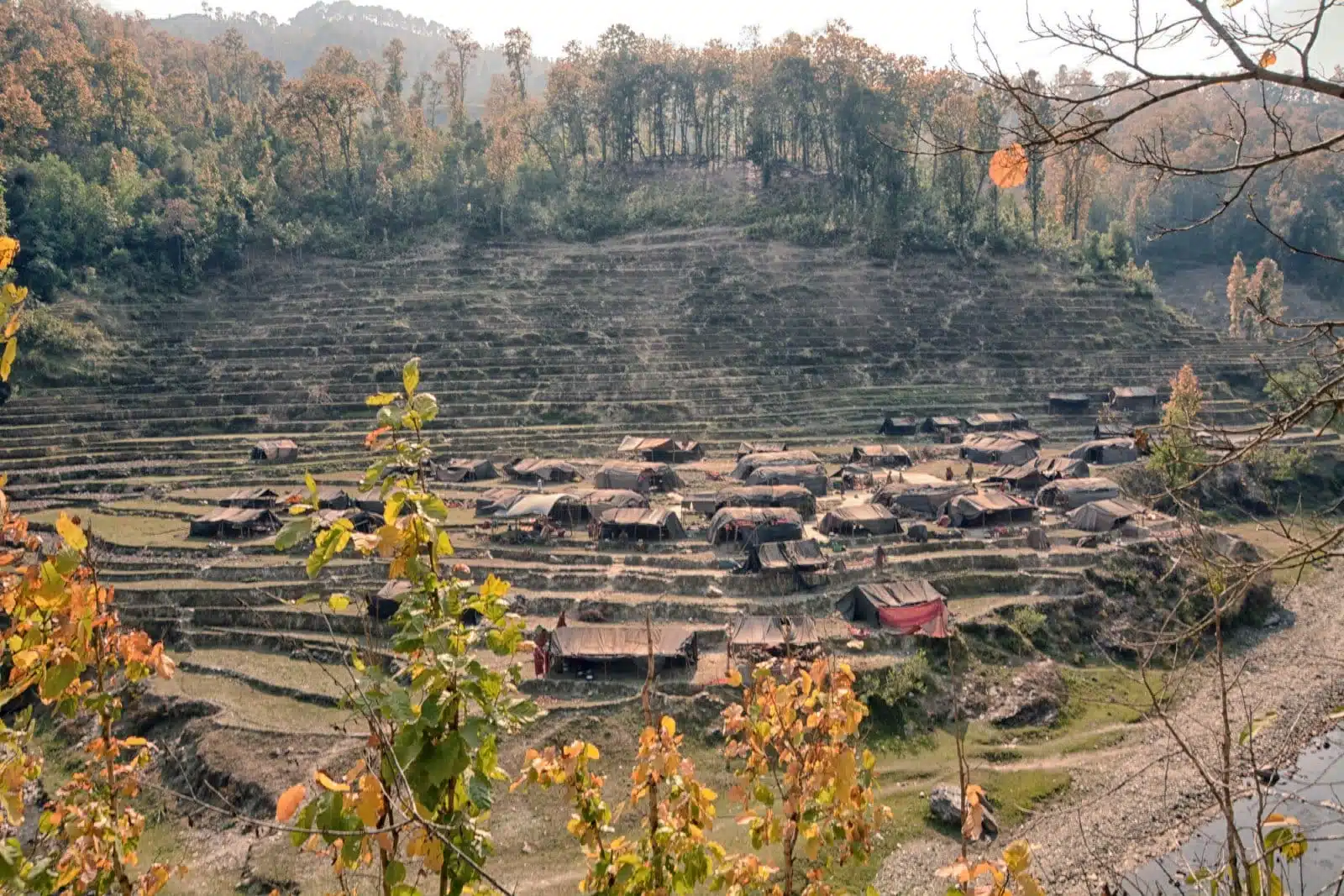
Image Credit: Shutterstock / Anita in travel
Standardized education often anchors children to one place, diluting nomadic identities.
Glimmer of Hope: Online and experiential learning platforms are offering education that travels, making learning as boundless as the horizon.
8. Health Care Access

Image Credit: Shutterstock / Rickson Davi Liebano
The nomadic way makes accessing consistent, quality health care a significant challenge.
Glimmer of Hope: Mobile health clinics and telehealth services are bringing medical care to the most remote of communities.
9. Attraction of City Life

Image Credit: Shutterstock / stockelements
The lure of modern conveniences and stable jobs in urban areas draws the younger generation away.
Glimmer of Hope: The tiny house and van life movements are rekindling the allure of a life unencumbered by possessions and permanence.
10. Technological Advancements

Image Credit: Shutterstock / THINK A
Technology, while connecting the world, often requires a stationary lifestyle to fully utilize.
Glimmer of Hope: Portable tech and off-grid solutions are liberating the tech-savvy to wander once more.
11. Decreased Biodiversity

Image Credit: Shutterstock / Narin Nonthamand
Environmental degradation threatens the wildlife and ecosystems that nomads depend on.
Glimmer of Hope: Conservation efforts worldwide are striving to restore the balance, ensuring the survival of both wildlife and human cultures.
12. Conflict and War

Image Credit: Shutterstock / CherylRamalho
Armed conflicts displace communities, making traditional nomadic routes untenable.
Glimmer of Hope: International peacekeeping and humanitarian efforts aim to restore stability, offering a chance for displaced nomads to return home.
13. Social Stigma
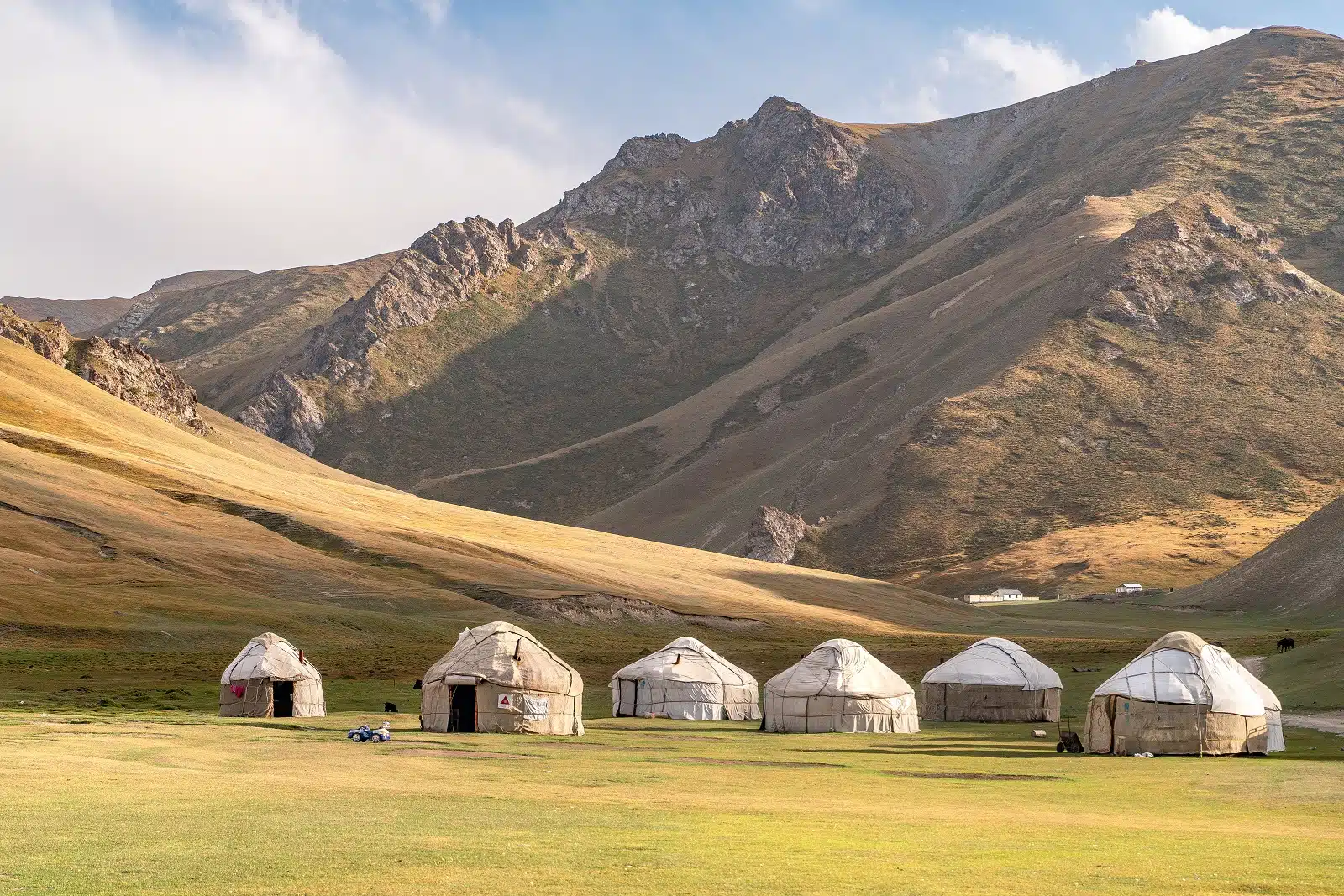
Image Credit: Shutterstock / Nomad1988
Misunderstanding and prejudice can isolate nomadic communities, undermining their way of life.
Glimmer of Hope: Social media platforms give nomads a voice, allowing them to share their stories and cultures with a global audience.
14. Tourism

Image Credit: Shutterstock / longtaildog
The commercialization of nomadic cultures risks turning living traditions into spectacles for outsiders.
Glimmer of Hope: Ethical and responsible tourism initiatives are fostering authentic cultural exchanges that respect and benefit nomadic communities.
15. Invasive Species

Image Credit: Shutterstock / Luca love photo
Introduced species disrupt local ecosystems, making traditional lands inhospitable for native flora and fauna.
Glimmer of Hope: Ecological restoration projects are combating invasive species, aiming to rejuvenate native habitats.
16. Water Scarcity

Image Credit: Shutterstock / Keshi Studio
Pollution and overuse of water resources threaten the sustainability of nomadic ways that depend on natural water sources.
Glimmer of Hope: Innovations in water purification and conservation are ensuring that even the most remote communities can access clean water.
17. Loss of Language

Image Credit: Shutterstock / ChameleonsEye
The languages that carry the soul and history of nomadic peoples are endangered.
Glimmer of Hope: Language revitalization programs are breathing new life into ancient tongues, connecting young nomads to their heritage.
18. Sedentarization Programs

Image Credit: Shutterstock / gregorioa
Efforts to settle nomadic peoples often overlook the value of their mobile lifestyle.
Glimmer of Hope: Some governments are beginning to recognize and protect the rights of nomadic peoples, valuing their contributions to biodiversity and cultural diversity.
19. Wildlife Laws

Image Credit: Shutterstock / Suphalak Rueksanthitiwong
Regulations designed to protect wildlife can inadvertently restrict the traditional practices of nomadic hunters and gatherers.
Glimmer of Hope: Community-based conservation is bridging the gap, involving nomads in the stewardship of their ancestral lands.
20. Globalization
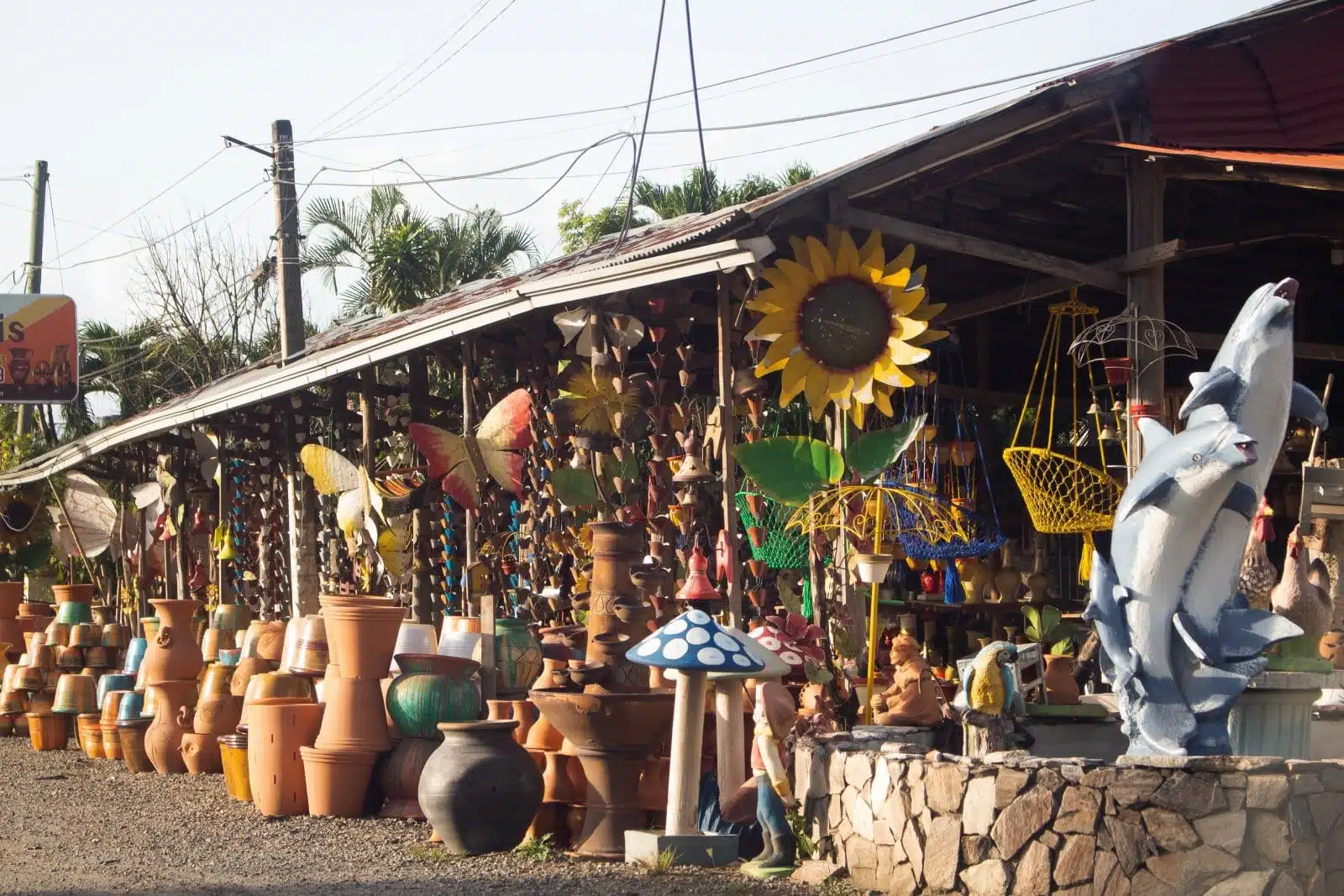
Image Credit: Shutterstock / Paola Paulino
The global market’s demand for uniformity and mass production sidelines the artisanal goods produced by many nomadic communities.
Glimmer of Hope: A surge in interest in handmade, artisanal products is reconnecting consumers with the craftsmen and women of nomadic cultures.
21. Infrastructure Development

Image Credit: Shutterstock / Shchipkova Elena
Roads, dams, and urban development fragment the open lands that nomads have navigated for centuries.
Glimmer of Hope: Eco-conscious planning and green development projects are considering the needs of the environment and traditional ways of life.
A Path Forward
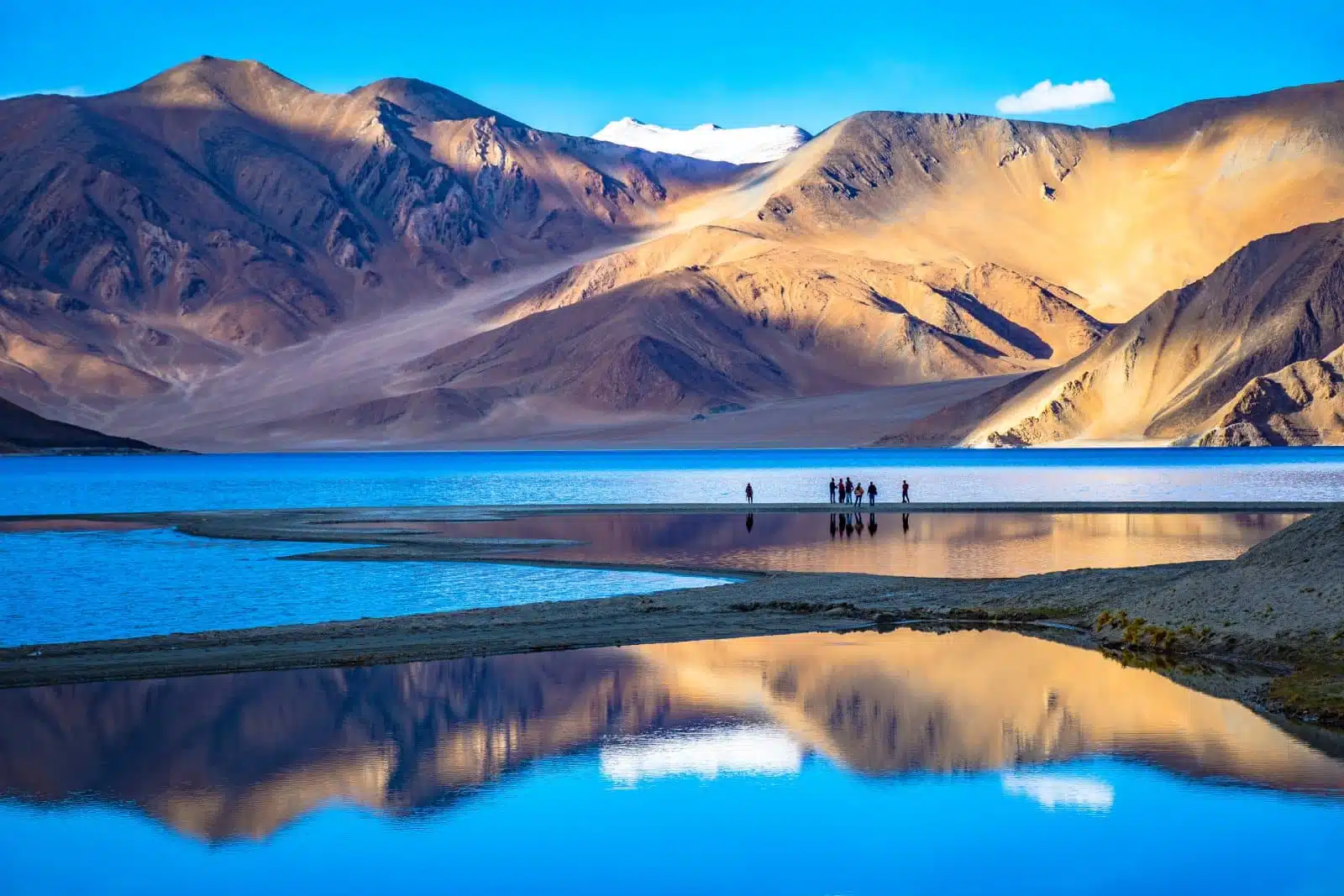
Image Credit: Shutterstock / chris piason
Though the winds of change challenge the sails of traditional nomadism, the resilience of these communities, combined with the adaptive innovations of modern society, lights the way to a future where freedom and tradition coexist. As we embrace minimalism, sustainability, and a global community, we find new ways to carry forward the nomadic spirit into the future.
More From The Green Voyage
Top 10 Trending Travel Destinations 2024
6 Essential Banking Apps for International Travel – Managing Your Finances on the Go
Traveling With Kids – 10 Tips to Create Memorable Family Holidays
The post 21 Reasons Nomadic Communities Are Fading in the Modern World first appeared on The Green Voyage.
Featured Image Credit: Shutterstock / Nomad1988.
For transparency, this content was partly developed with AI assistance and carefully curated by an experienced editor to be informative and ensure accuracy.
Tips for Trip Success
Book Your Flight
Find an inexpensive flight by using Kayak, a favorite of ours because it regularly returns less expensive flight options from a variety of airlines.
Book Your Hotel or Special Accommodation
We are big fans of Booking.com. We like their review system and photos. If we want to see more reviews and additional booking options, we go to Expedia.
You Need Travel Insurance!
Good travel insurance means having total peace of mind. Travel insurance protects you when your medical insurance often will not and better than what you get from your credit card. It will provide comprehensive coverage should you need medical treatment or return to the United States, compensation for trip interruption, baggage loss, and other situations.Find the Perfect Insurance Plan for Your Trip
